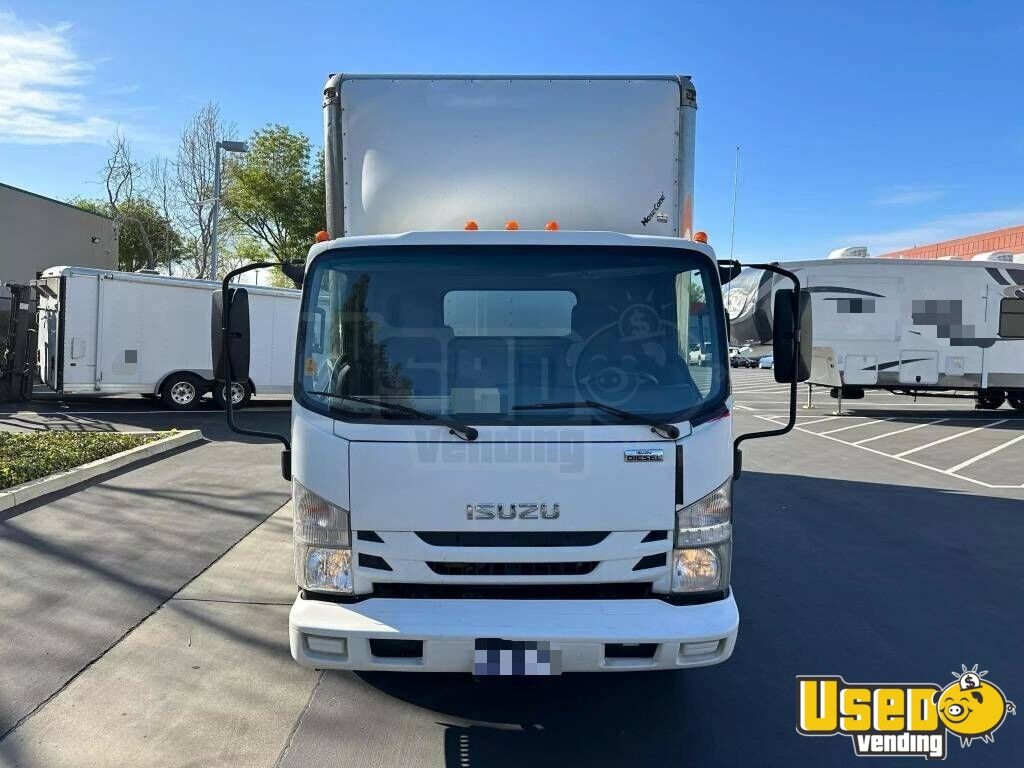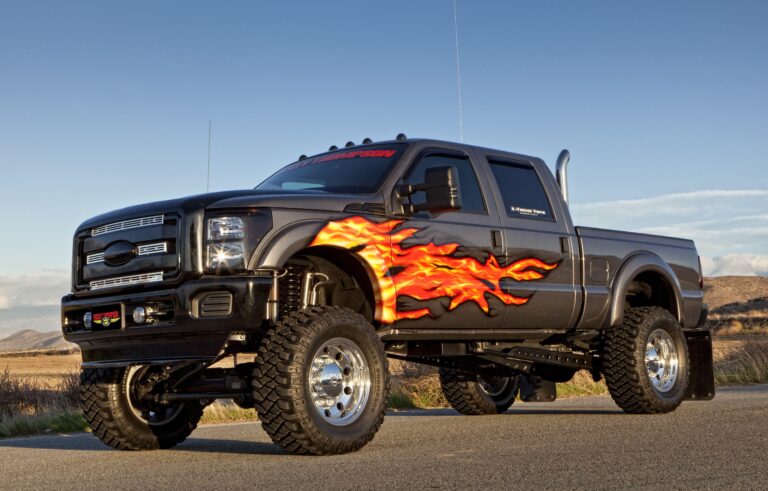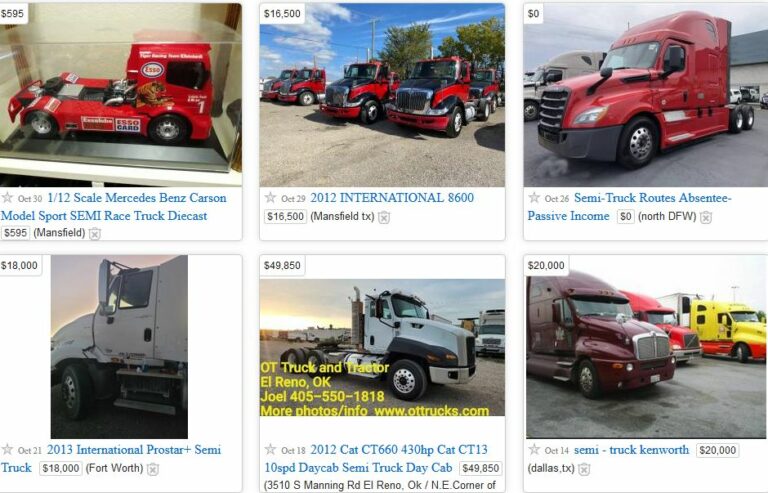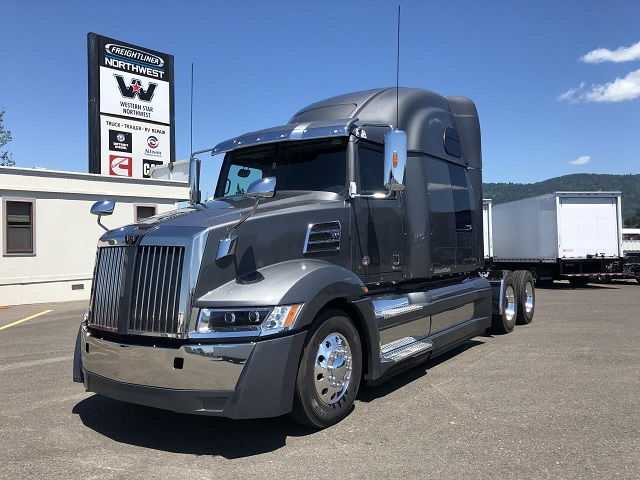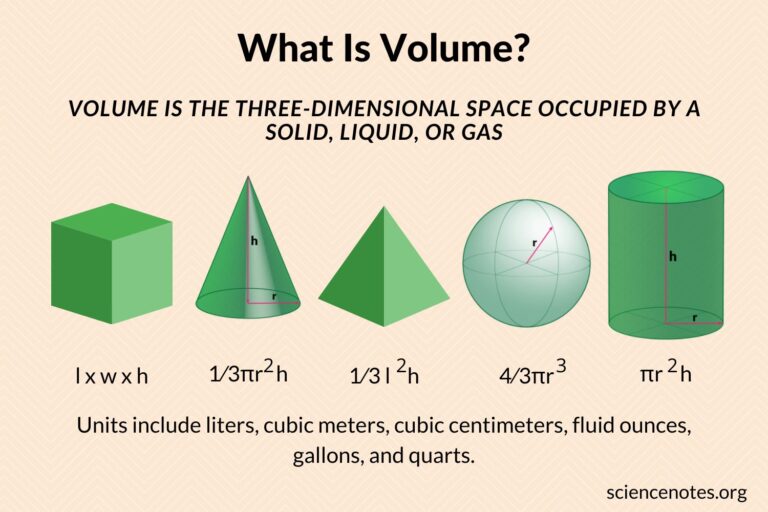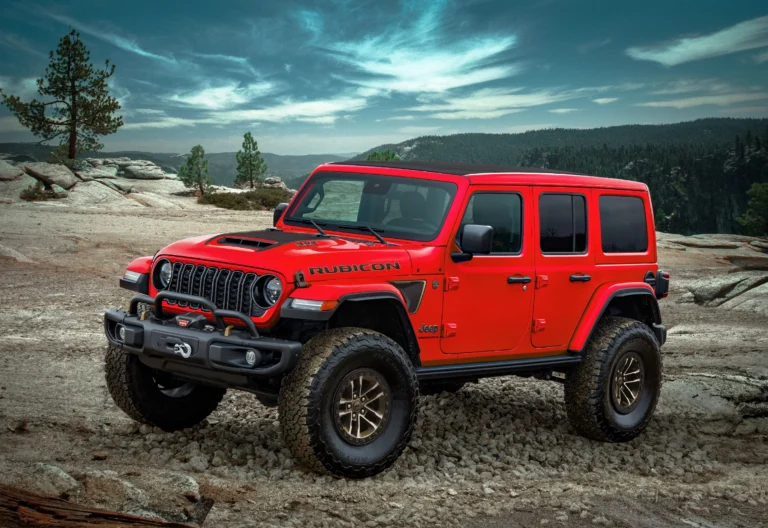Utility Trucks For Sale In California: A Comprehensive Guide to Finding Your Workhorse
Utility Trucks For Sale In California: A Comprehensive Guide to Finding Your Workhorse cars.truckstrend.com
California, a state renowned for its diverse economy, expansive infrastructure, and booming industries, relies heavily on a specialized class of vehicles: utility trucks. From maintaining sprawling vineyards and constructing new urban centers to restoring power grids after a storm or providing mobile repair services, these purpose-built workhorses are the backbone of countless businesses and public services. For anyone looking to invest in a vehicle that can tackle demanding tasks, understanding the market for utility trucks for sale in California is crucial. This comprehensive guide will navigate the nuances of this vital sector, offering insights into types, benefits, purchasing processes, and key considerations to ensure you make an informed and effective investment.
What Defines a Utility Truck? Types and Essential Features
Utility Trucks For Sale In California: A Comprehensive Guide to Finding Your Workhorse
At its core, a utility truck is a commercial vehicle designed or upfitted with specialized equipment to perform specific tasks beyond mere transportation. Unlike standard pickup trucks or vans, utility trucks often feature custom bodies, integrated tools, and hydraulic systems tailored for particular industries. The sheer variety available in California reflects the state’s diverse economic landscape.
Here are some of the most common types of utility trucks you’ll encounter:
- Service/Mechanic Trucks: Perhaps the most ubiquitous, these trucks feature enclosed compartments along the bed for organizing tools, parts, and equipment. They are essential for mobile mechanics, plumbers, electricians, and field service technicians. Many include cranes or air compressors.
- Dump Trucks: Indispensable for construction, landscaping, and waste management, dump trucks are equipped with an open-box bed that is hinged at the rear and fitted with hydraulic rams to lift the front, allowing the material within to be dumped.
- Flatbed Trucks: With a completely flat body, these trucks are ideal for transporting oversized or oddly shaped cargo that wouldn’t fit in a conventional bed. They are often used in construction, agriculture, and logistics, sometimes equipped with stake sides or small cranes.
- Bucket Trucks (Cherry Pickers/Aerial Lifts): Crucial for utility companies, arborists, and sign installers, these trucks feature a hydraulic arm with a bucket at the end, allowing workers to reach elevated areas safely.
- Crane Trucks: Equipped with a hydraulic crane mounted on the chassis, these trucks are used for lifting and moving heavy materials on job sites. They are common in construction, heavy equipment repair, and material handling.
- Box Trucks (with Utility Modifications): While primarily used for hauling goods, many box trucks are customized with shelving, ramps, and specific power systems for mobile workshops, delivery services, or even food truck operations.
- Stake Trucks: Similar to flatbeds but with removable stakes or panels around the perimeter, offering flexibility for various cargo types while still allowing for side loading.

Key features that define utility trucks often include:
- Integrated Storage: Lockable compartments, drawers, and shelving systems.
- Power Take-Off (PTO) Systems: To power hydraulic tools, cranes, air compressors, or generators.
- Liftgates/Ramps: For easy loading and unloading of heavy equipment.
- Specialized Lighting: Work lights, strobe lights for safety.
- Reinforced Chassis and Suspension: To handle heavy loads and demanding terrain.
- Towing Capabilities: Often equipped with heavy-duty hitches.

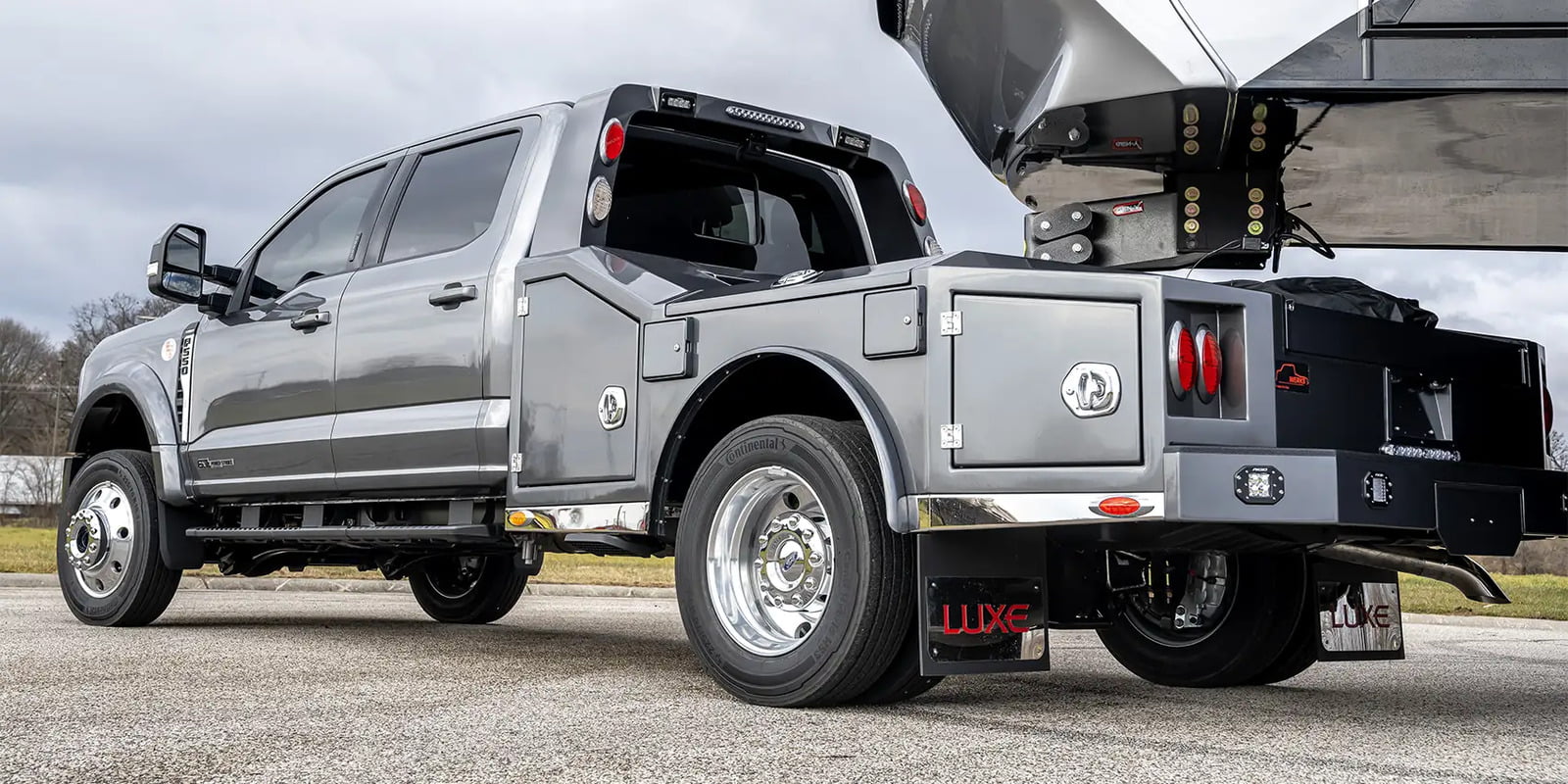
Why Buy a Utility Truck in California? Benefits and Market Dynamics
California’s unique economic and regulatory environment makes it a distinctive market for utility trucks. Several factors contribute to why purchasing a utility truck in the Golden State can be a strategic move:
-
Economic Diversity and High Demand: California’s economy is incredibly varied, encompassing massive agricultural operations, sprawling construction projects, a robust tech sector, extensive public utilities, and a thriving service industry. Each of these sectors relies heavily on specialized utility vehicles, creating consistent high demand and a wide array of options in the market. Whether you’re a landscaper in Orange County, a telecom technician in the Bay Area, or a farmer in the Central Valley, there’s a specific utility truck designed for your needs.
-
Robust Inventory: Due to the high demand, California boasts a substantial inventory of utility trucks, both new and used. This means buyers have more choices in terms of make, model, year, and specific upfitting, increasing the likelihood of finding a truck that perfectly matches their requirements and budget.
-
California Air Resources Board (CARB) Compliance: This is perhaps the most significant California-specific factor. CARB sets stringent emissions standards for commercial vehicles. While it might seem like a hurdle, it often means that trucks available for sale in California are generally newer, better maintained, and more environmentally friendly. Buyers can be more confident that a California-registered truck will meet current and future emission regulations, avoiding costly retrofits or penalties down the line. This also drives the market towards more modern, fuel-efficient vehicles.
-
Resale Value: A well-maintained utility truck, especially one that is CARB-compliant, tends to hold its value well in California due to ongoing demand. This can be a significant benefit when it comes time to upgrade or sell your vehicle.
-
Access to Specialized Upfitters and Service Centers: California’s large market means there are numerous specialized upfitters, body shops, and service centers that understand the unique needs of utility vehicles. This provides excellent support for customization, maintenance, and repairs.
Navigating the Purchase Process: Where and How to Buy
Acquiring a utility truck in California requires a methodical approach, whether you’re looking for new or used.
Where to Buy:
- New Truck Dealerships: Major manufacturers like Ford, Ram, Chevrolet, Isuzu, Hino, and Freightliner have extensive dealership networks across California. These are ideal for buyers seeking the latest models, full warranties, and custom upfitting directly from the manufacturer or their approved partners.
- Specialized Used Truck Dealerships: Many dealerships focus exclusively on used commercial vehicles, including a wide range of utility trucks. These often offer a good balance of selection and professional service, sometimes with limited warranties.
- Online Marketplaces: Websites like Commercial Truck Trader, TruckPaper, eBay Motors, and even local platforms like Craigslist or Facebook Marketplace can be treasure troves for used utility trucks. Be cautious with private sellers and always verify information.
- Auctions: Government surplus auctions, fleet liquidations, and public auctions (e.g., Ritchie Bros., IronPlanet) can offer competitive prices, especially for larger fleets or older models. Inspection is paramount, as vehicles are often sold "as-is."
- Private Sellers: Direct purchases from businesses or individuals can sometimes yield good deals, but require thorough due diligence regarding the truck’s condition and history.
How to Buy:
- Define Your Needs: Before looking at trucks, precisely determine what you need. What tasks will it perform? What payload capacity, towing capacity, or specialized equipment (crane, liftgate, compartments) do you require?
- Set a Realistic Budget: Consider not just the purchase price but also registration, taxes, insurance, maintenance, fuel, and potential upfitting costs.
- Research and Compare: Look at different makes, models, and years. Compare features, reliability, fuel efficiency, and common issues. Check market prices for similar vehicles to ensure you’re getting a fair deal.
- Inspect Thoroughly (Pre-Purchase Inspection): This is non-negotiable, especially for used trucks.
- Visual Inspection: Check for rust (less common in CA, but inspect coastal vehicles), body damage, tire wear, fluid leaks.
- Mechanical Inspection: Test drive the truck, check the engine, transmission, brakes, steering, and all hydraulic/electrical systems. If possible, have a qualified, independent mechanic perform a pre-purchase inspection (PPI). They can identify potential issues that might not be obvious to an untrained eye.
- Equipment Check: Operate all specialized equipment (crane, liftgate, PTO) to ensure it functions correctly and safely.
- Verify Maintenance Records: A well-documented service history is a strong indicator of a truck’s reliability and how well it has been cared for.
- CARB Compliance Check: For any used utility truck, especially those older than 2010 (or even newer, depending on GVWR), verifying CARB compliance is critical. Ask for the CARB compliance certificate or check the Vehicle Identification Number (VIN) on the CARB website to ensure it meets current California emissions standards. Non-compliant vehicles cannot be registered or operated commercially in California without costly upgrades or potential penalties.
- Negotiate: Don’t be afraid to negotiate the price. Be prepared to walk away if the deal isn’t right.
- Understand Financing Options: Explore commercial loans, leases, or lines of credit from banks, credit unions, or specialized commercial vehicle lenders.
Key Considerations Before Buying
Making the right choice involves more than just finding a truck that looks good.
- Application-Specific Needs: Will the truck operate in urban areas (requiring maneuverability) or rural, rough terrain (needing robust suspension and higher clearance)?
- Gross Vehicle Weight Rating (GVWR) and CDL Requirements: Understand the truck’s GVWR. Trucks over 26,001 lbs GVWR or those carrying hazardous materials, or designed to carry 16+ passengers (including the driver) typically require a Commercial Driver’s License (CDL) in California. Ensure your drivers are properly licensed.
- Total Cost of Ownership (TCO): Beyond the purchase price, factor in fuel costs, insurance (which can be significant for commercial vehicles), maintenance, and potential depreciation.
- Upfitting and Customization: Does the truck come with all the necessary equipment, or will you need to invest in additional upfitting? Factor these costs into your budget.
- Fuel Type and Efficiency: Diesel trucks generally offer more power and torque for heavy hauling but can have higher maintenance costs. Consider fuel efficiency relative to your expected mileage.
- Parts Availability and Service Network: For less common makes or older models, ensure that parts and qualified service technicians are readily available in California.
Tips for a Successful Purchase
- Be Patient: The right truck might not appear overnight. Take your time to research and compare.
- Leverage Online Resources: Use online forums, reviews, and professional associations to gather insights on specific models.
- Get Everything in Writing: Ensure all agreements, warranties, and promises are documented in the sales contract.
- Consider Lease vs. Buy: For businesses, leasing can offer tax advantages and lower upfront costs, while buying provides ownership and equity. Consult with a financial advisor.
- Plan for Insurance: Obtain insurance quotes early in the process. Commercial vehicle insurance can be complex and costly.
Potential Challenges and Solutions
- High Demand Leading to Higher Prices: California’s strong market can drive up prices.
- Solution: Be prepared to act quickly on good deals. Consider slightly older models that are still CARB-compliant, or explore less common brands that might offer better value.
- CARB Compliance Hurdles: Finding a compliant older truck or understanding the regulations can be confusing.
- Solution: Prioritize vehicles with documented CARB compliance. If buying out-of-state, ensure it can be legally registered in California or factor in the cost of necessary modifications (if allowed). Consult CARB’s website or a specialist.
- Finding Specific Configurations: Your ideal utility truck with very specific upfitting might be rare.
- Solution: Widen your search radius, or consider buying a suitable chassis and having it custom upfitted.
- Hidden Mechanical Issues (especially with used trucks):
- Solution: A comprehensive pre-purchase inspection by a trusted, independent mechanic is your best defense. Don’t skip this step.
- Financing Difficulties: Securing commercial vehicle loans can be challenging for new businesses or those with limited credit.
- Solution: Prepare a strong business plan, gather all necessary financial documents, and explore multiple lenders, including specialized commercial vehicle finance companies.
Estimated Price Range Table for Utility Trucks in California
It’s important to note that prices for utility trucks vary significantly based on make, model, year, mileage, condition, specific upfitting, and market demand. The table below provides estimated price ranges for common types of utility trucks in California. These are general guidelines and not definitive current market prices.
| Truck Type | Condition | Estimated Price Range (USD) | Key Factors Influencing Price |
|---|---|---|---|
| Service/Mechanic Truck | Used | $20,000 – $80,000+ | Age, mileage, engine type, condition of service body, included tools/crane |
| New | $60,000 – $150,000+ | Chassis model, custom upfitting, specialized equipment (crane, compressor) | |
| Dump Truck | Used | $30,000 – $150,000+ | Capacity (GVWR), engine size, transmission type, bed condition, CARB compliance |
| New | $90,000 – $250,000+ | Heavy-duty rating, specialized features, brand, emissions technology | |
| Bucket Truck (Aerial Lift) | Used | $40,000 – $180,000+ | Boom height, insulation rating (dielectric), chassis condition, age of lift system |
| New | $120,000 – $350,000+ | Lift capacity, reach, advanced safety features, utility-grade chassis | |
| Flatbed Truck | Used | $25,000 – $90,000+ | Payload capacity, bed length, engine type, condition of deck and frame |
| New | $50,000 – $120,000+ | Chassis configuration, materials, additional features like stake pockets | |
| Crane Truck | Used | $60,000 – $250,000+ | Crane lifting capacity, boom length, outrigger system, truck chassis age/condition |
| New | $150,000 – $500,000+ | Heavy-duty crane rating, advanced controls, truck GVWR, specialized rigging |
Disclaimer: Prices are highly variable and subject to change based on market conditions, specific vehicle features, and location within California.
Frequently Asked Questions (FAQ)
Q1: What is CARB compliance and how does it affect me when buying a utility truck in California?
A1: CARB (California Air Resources Board) compliance refers to meeting California’s stringent emissions standards for commercial vehicles. Trucks must have approved emissions control systems (e.g., diesel particulate filters – DPFs, selective catalytic reduction – SCR with DEF) to be registered and operated commercially in California. For most medium and heavy-duty diesel trucks, this generally means vehicles need to be 2010 model year or newer, though specific regulations vary by GVWR and fleet size. Non-compliant vehicles cannot be legally operated in California without costly retrofits or are subject to significant penalties. Always verify a truck’s CARB compliance before purchase.
Q2: Can I buy a utility truck from out of state and bring it to California?
A2: Yes, but with a significant caveat: it must be CARB compliant. If the truck is a 2010 model year or newer, it generally will be. If it’s an older model, you must ensure it meets California’s emissions standards, which are often stricter than federal standards. You will need to provide proof of compliance to the California Department of Motor Vehicles (DMV) for registration. Failing to do so can result in the inability to register the vehicle or fines.
Q3: What’s the difference between GVWR and GCWR, and why are they important?
A3:
- GVWR (Gross Vehicle Weight Rating): The maximum operating weight or mass of a vehicle as specified by the manufacturer, including the vehicle’s chassis, body, engine, fuel, accessories, driver, passengers, and cargo. This determines the class of truck and often dictates CDL requirements.
- GCWR (Gross Combined Weight Rating): The maximum permissible loaded weight of a combination vehicle (truck and trailer).
Both are crucial for safety, legal operation, and determining if a Commercial Driver’s License (CDL) is required.
Q4: Do I need a CDL to drive a utility truck in California?
A4: Not always. A CDL is generally required if:
- The truck has a GVWR of 26,001 pounds or more.
- The truck is designed to transport 16 or more passengers (including the driver).
- The truck is transporting hazardous materials that require placarding.
Many utility trucks fall below the 26,001 lbs GVWR threshold and can be driven with a standard Class C driver’s license. Always check the specific truck’s GVWR.
Q5: How often should I service my utility truck?
A5: Service intervals vary based on the truck’s make, model, age, mileage, and the intensity of its use. Generally, utility trucks require more frequent and thorough maintenance than personal vehicles due to their heavy-duty nature and specialized equipment. Follow the manufacturer’s recommended service schedule, and consider more frequent checks if the truck operates under severe conditions (e.g., heavy loads, off-road use, extreme temperatures). Regular inspections of hydraulic systems, PTO, and specialized equipment are also vital.
Q6: Is it better to buy a new or used utility truck?
A6: The choice depends on your budget, specific needs, and risk tolerance.
- New: Offers the latest technology, full warranty, no prior wear and tear, and guaranteed CARB compliance. Higher upfront cost.
- Used: Lower upfront cost, potentially faster depreciation means a better deal. However, comes with a higher risk of hidden mechanical issues, may not have a warranty, and requires careful CARB compliance verification. A well-maintained used truck can be an excellent value.
Conclusion
The market for utility trucks for sale in California is as dynamic and diverse as the state itself. From the bustling construction sites of Los Angeles to the agricultural heartlands and the sprawling utility networks, these specialized vehicles are indispensable. Navigating this market successfully requires careful planning, thorough research, and an understanding of California-specific regulations like CARB compliance. By defining your needs, meticulously inspecting potential purchases, and being aware of the market’s nuances, you can secure a reliable, efficient, and compliant utility truck that will serve as a powerful asset for your business or operations for years to come.
